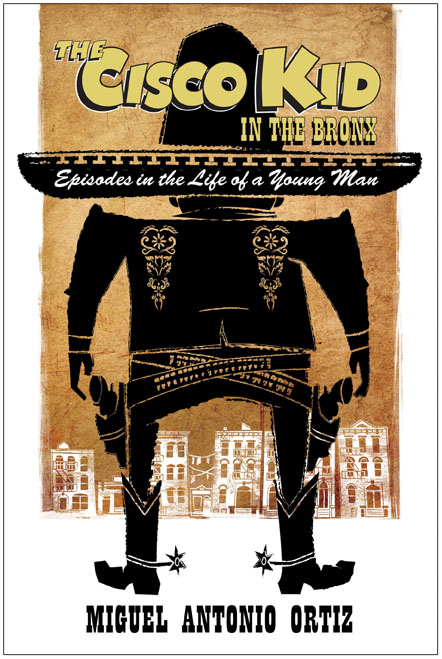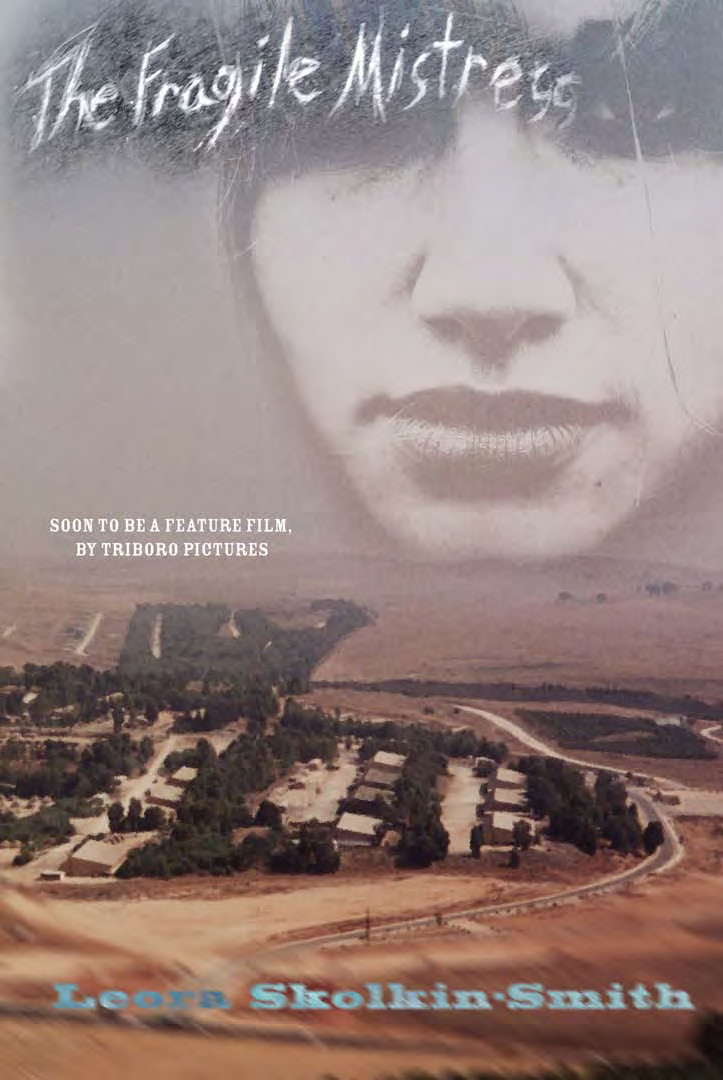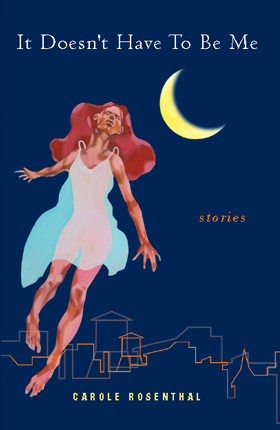Authors Board of Directors Members Catalog Hamilton Stone Review Home Order Contact Us Submissions Irene Weinberger Books
H\s
H A M I L T O N S T O N E E D I T I O N S
p.o. box 43 Maplewood, NJ 07040
Today is
From Chapter Seven, Trespassers
By Meredith Sue Willis
There were two full wards of Rehab patients, one of men and one of women: quadriplegics, paraplegics, amputees, stroke victims, and occasional problems of disposition. I knew already that the men hung out in the corridor. Wheelchairs were common, but the most noticeable group was of ones like Duchess's friend who rolled themselves around belly-down on Gurneys. They had the air of centaurs with human heads, naked arms and torsos and wheeled hindquarters. They had been paralyzed from the waist down and then, when they were in wheelchairs, developed sores: big, deep gangrenous death of flesh called decupidi. Ahmed Collins was the star of this group. He had had more skin grafts than anybody else.
I saw him in the corridor, but he had his head down, napping, so I turned the corner down to my private office: a walk-in closet with a desk, phone, and shelves of board games. The previous recreation director had left me a lot of notes, wishing me good luck, telling me where the prizes for Bingo were. I put on the lavender recreation department coat they had issued me, gathered up my courage, and went out to introduce myself to the patients.
It was a little like being a Vista, I thought. The corridor is the Street, the wards are their houses. My job to find out what they need.
I tried out a cheery "Hi!" to Ahmed, who had stirred a little. He lifted his head slowly, his eyeballs yellow, a splendid, enormous head, and enormous reddish bay colored arms.
There was something so fierce in his look. He said, "Too much heat in this damn joint. Makes you drowsy." He rubbed his eyes, yawned. "Afternoon's the worst. In the morning, I don't know, the boilers don't get up such a head of steam. They keep you busy in the mornings, too. We go to the gym, the docs do their thing. You get worn out by lunch time." He looked me over through half-lowered lids, and said, enunciating each syllable carefully, "The new re-cre-a-tion ther-a-pist."
There were a couple of other men on Gurneys, looking at me, grinning a little. They had been napping too. I felt it coming, this guy Ahmed gearing up for something I didn't want to get into. I said, "Duchess Critchfield asked me to tell you she'd come by on her break." I added, "Duchess and I drove to New York together. She's married to a friend of mine."
Ahmed said, "She's married to a friend of yours?"
Someone on one of the other Gurneys buried his face in the pillow and laughed. I thought, I really hate talking to men in groups. There is something about a group of men that just brings out the worst in them.
I said, "Well, I have to move along now. I'm pleased to meet you. Let me know if—" I chose the words carefully here; I didn't want any inadvertent double entendres— "let me know if I can get out the checkers games or whatever."
Ahmed smiled. "You woke me up from my nap and now you're running off? Don't be running away," he said. "How about you? You married like Mrs. Critchfield? You got any children?"
I waved as I backed away. "No, not me, no husband, no children, no intentions!"
Ahmed laughed deeply. "I don't bite, Recreation Therapist. Don't be running away so fast."
The women were easier: they enjoyed niceness. It was like a little song: Hi, I'm Blair Morgan, who are you? I'm a recreation therapist, I work here too! Bed by bed, conscientiously inquiring about how the recreation department could serve them better. One elderly lady wanted nicer prizes for the Bingo games. Her younger neighbor wanted cocktails before dinner. The next one only spoke Greek, and the one after that, who had stunningly beautiful eyes, asked me to light her cigarette because her rheumatoid arthritis was flared up that day, and she couldn't grip her lighter. It wasn't until later that I realized smoking was probably not allowed, and I wondered if the women would be so easy after all.
I started down the men's ward, worn out already. Maybe, I thought, I should have taken a job as some kind of clerk The first several men's beds were empty, and I hesitated beside an elderly white man who was lying on his side with his eyes open, staring. I wasn't sure if I should speak to him or not, but a voice said, "Hey! Miss! Don't bother with that old man. He ain't all there."
The man who called me was maybe thirty and had probably been slim before whatever happened to him happened, and it was not that he was fat now, but his head seemed to loll weakly in folds of loose flesh around his neck. He had a small moustache, and he awkwardly waved a bony forearm that was taped in a metal splint.
"Come over here," he said. "Listen, I know, you're the new recreation worker. I'm George Feathers, that's right, like a bird on the wing. I know everything. I have my sources. But I don't want to hear about the Bingo, and I don't want to hear about the pizza parties, what I want to know is, can you play chess. The last five recreation therapists in here, they couldn't play chess, and this time I asked the administration specific for a chess player."
His bed was set in a frame made of two aluminum hoops like a Ferris wheel. I told him my name and had no idea whether his splinted hand was being offered for shaking, or just waving expressively in the air. And whether it was a worse faux pas to ignore it if proffered, or to seize it, if he were only gesturing. I kept my fists in the pockets of my coat. "I know the moves in chess," I said.
"Ah ha," said George. "The moves. Now what am I supposed to derive from a statement such as that." But he had noticed my flickering eyes, and mistakenly decided it was the bed troubling me. "Don't pay my bed no mind, it's a Stryker bed. It's for flipping over the poor afflicted. They put another mattress on top of my face and make a George sandwich and flip me over on my belly so I don't end up like those jokers out there with the decupidi bed sores. I get good care here, even if it is a city hospital. I see to it myself."
The erratic movement in his splinted arm meant, then, that he was damaged somewhere high up, around his neck or shoulders. A quadriplegic.
"Now," said George, "let's get down to business. I don't participate in your recreation programs—"
"Well," I said. "I may have some new ideas for programs—"
He jerked his chin and closed his eyes. "You're not listening to me, Blair Morgan. I have my own programs. I have my own plans. I am afflicted, but not unfortunate. Do you grasp the difference?"
I wasn't sure I did, but I smiled cheerfully.
"What I need," said George, "is a chess partner. It is not yet clear to me what you mean by knowing the moves. There was a young fellow in here a few months ago, a student chaplain, who could play a little. I don't know about women chess players, and I don't trust any chess players. This 'just the moves' could be a ruse—"
"I really don't play very well—"
"This could be another ruse. In my position, you learn to make close calls. Fine judgements. Now the main thing isn't really if you play well or not, it's whether or not you have a mean streak. This is essential for playing chess. You can learn to play, but you can't learn the mean streak. Do you have a mean streak, Blair Morgan? Why don't you sit down."
I pulled up one of the ubiquitous orange fiberglass chairs and said, "I'm not a very good chess player, but I don't like losing, if that means anything."
"That's a good sign."
"Do you want me to go in my office and see if there's a chess board? I haven't really looked through the game closet yet—"
George closed his eyes and made a clicking sound with his tongue. "Blair Morgan, Blair Morgan. You don't know me yet." He made a movement with his chin. I was puzzled. "Open the drawer." In his metal night stand I saw first a roll of bills. "Ignore the cash," said George. "That's how I make sure I get good care here. Get out the chessboard." It was a small magnetic board with magnetized pieces. "Now," said George. "Move that pitcher of water, set up the board, and let's test your mean streak." I moved out the white pawn, and George said, "I suppose you expect me to tell you why I'm here. New people always do." His voice was thin; there wasn't much air behind it.
"I wouldn't ask."
"Well, I'll tell you," he said, "but I'd like to see how you play chess first."
"You don't have to bargain with me," I said. "I like to play chess. My father taught me when I was seven."
"I'm not bargaining, I just want to see what kind of player you are. I have a feeling— maybe you have a little fight in you." He knew the names of the squares, and told me briskly where to put his pieces. He seemed only to glance at the board, closing his eyes between moves, looking up at the frame of the Stryker bed.
"Queen's knight to queen's bishop three. Did you ever hear of the Fool's Gambit, Blair? Because watch out, I have no mercy. When it comes to chess, I am the Merciless One." Then, a little later, "Pay attention," said George. "My knight takes your king's bishop, and your queen is in jeopardy."
I slid the queen over two squares and checked his king.
"That's a stupid move. It's a waste of everyone's time. I'll just bring up the pawn."
"Taking the bishop was stupid too. I'll get the knight with my queen."
"You should have taken it in the first place and not wasted everyone's time with checking the king."
"But this way you won't be able to castle. You can't castle once the king's been in check."
"I never castle," said George. "It's part of my style. I never castle. You don't know me, and you're not concentrating."
A little later in the game, when I was concentrating very hard, he said, "I was shot." I looked up. "That's how I come to be here." He raised the splinted right arm again. "I was shot in a hallway where I shouldn't have been. You might say I was trespassing."
I tried to read his face, to see if I should ask more or not. "Why shouldn't you have been there?"
"I shouldn't of been there because if I should of been there, I wouldn't have got shot, isn't that right? Maybe someday, if you win a chess game, I'll tell you the whole story."
"How long have you been in Bellevue?"
He closed his eyes. "I've forgotten," he said. And with his lids still down over his eyes, "Did you think of a move or are you going to sit there all day with your teeth in your mouth?"
And after I had made the move, he said, "I know you wonder why I got shot. All you Professionals do."
I studied the chessboard, wondering if he had made a mistake and was trying to distract me from seeing it.
"It was the old story," said George, the right hand rising a few inches, trying to turn outward, and even the left hand made a semi-spontaneous spring and flop in the air, back to the bed. "The old story. You know, woman trouble."
I looked up from the chess board.
"I don't look like much now," said George, "but I had my day. Slick clothes, hats."
"Who shot you? Her husband?"
"You're not concentrating," he said. "You're going to end up losing your queen. I told you your queen was in jeopardy; that's one of the rules of the game it's like chivalry you always tell your opponent if the queen is in jeopardy."
I said, "I think you're doing a number on me. You distract me from one thing and then from the other. You're very sneaky, George."
He smiled with his eyes closed. "Slick," he said. "I prefer to think of myself as slick." And after a little while said, "It was her boyfriend, actually, not her husband, but I've forgotten the details. It's so long ago now. I got stuck in a bad dream."
The game wound down; George won, but I didn't think I had done too badly. He closed his eyes as I put away the little board. George said, "You'll toddle along now and play Bingo, I suppose."
"I think that's on the schedule. Is there anything I can do for you before I go?"
"Not just now. Maybe you could take a letter for me, one of these days. I have some correspondence."
"Sure, I'd be glad to help out."
"My broker," he said, with his eyes still closed.
I stood up. The men were drifting back to the ward, rolling, on crutches. It must be time to eat, I thought. "Well, I guess I'd better go."
"The stock market is like war," said George. "Everything in life is like war. That's why I like chess. I'm a Bonapartist."
"I'm a leftist," I said.
He smiled, with his eyes closed. There was a loud clatter of carts and trays arriving. George waved his hand. "I'll educate you later. I can see it is going to take a lot of effort."
"Everyone wants to educate me," I said. "I get a little tired of it sometimes."
"Don't lose your temper," said George. "Winners sometimes let their anger loose, but they don't lose their temper."
E-Book Editions of Hamilton Stone Editions Books
Hamilton Stone now has E-Books in all formats--
check out Smashwords.com
All our e-book editions are now availble a t Smashwords.com as well as through the Amazon Kindle Store and for Nook
as well as at most other e-book stores as well..
For fine trade paperback editions of these books, go to our catalog.
Archives of The Hamilton Stone Review
German Edition of The Ground Under My Feet
Out from Czernin Verlag.
All Reviews in Our Catalog
To order books online or by mail.












